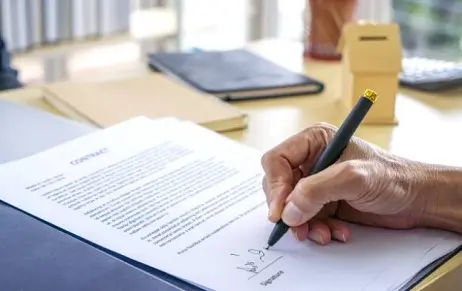Essential medicines are those that satisfy the health care needs of the majority of the…
Thailand’s Government Orders Halt to Medical Marijuana Patents
Last month Parliament of Thailand had legalized marijuana-based products for medical use and it was declared “The first southeast Asian country” to legalize Marijuana. On 28th Jan 2019, the Military government of Thailand suspended its further usage and production for medical use by raising concern that foreign pharmaceutical companies might try to monopolize the market.
In furtherance of such concern over monopolizing the market on the pretext of legalization of Marijuana, Prime Minister Prayuth Chan-o-cha ordered the director of the Department of Intellectual Property to invalidate all patent applications which are filed for medical marijuana products. He also declared that Marijuana or any similar molecular structure as the plant should be excluded from the [protection of Intellectual Property Laws until legislation on the subject matter comes into force, which will become law only after the assent of King Maha Vajiralongkorn.
Many foreign companies wanted to take the benefit of this law and were competing cutthroat to mark their existence. Well established foreign companies like Britain’s GW Pharmaceuticals and Japan’s Otsuka Pharmaceutical had applied for patents in Thailand but now their applications are on hold.
Thai Government had passed marijuana usage for benefit of Thai Companies but always feared foreign companies might try to monopolize the market. Thus, Thai companies were given preference and foreign companies were not allowed to file patents. They could only do so by collaboration with local firms.
With the effect of new legislation, all patent applications have been sidelined and it is expected that new law might result in conditions making it possible for more Thais to cultivate and consume medical marijuana.
The long path for getting legislation
A few years ago, it was unthinkable that the Thai government would ever legalize medicinal cannabis. The government had always acted very harshly for the production/illegal smuggling of methamphetamine. Dealers of such products were considered as enemies of the nation and were punished accordingly. The state followed a Zero tolerance policy against drug smuggling.
For years, ownership or transportation of up to 10 kg of cannabis in Thailand was punishable by a maximum of 5 years of imprisonment. Any amount above 10 kg could have resulted in 15 years in jail. But now, the country’s outlook on drugs has dramatically changed.
Discussion on a case which changed the mindset of Malaysian people and encouraged for the legalization of Marijuana
In November 2018, a young man was announced death sentence in Malaysia for selling cannabis oil to an ill person which was protested by local residents on ultra-tough drug laws in the country. The case provoked calls for Malaysia to become the first in Asia to legalize medical marijuana.
An ill lady named Yuki was suffering from hypokalaemia [serum concentration of potassium] health problems, including diabetes so she decided to try the drug.
She took ganja first time when she was 29 years old to ease herself from crippling pain, at the age of 41, she bought some marijuana and asked her husband to roll her a joint.
“All the pain and suffering had gone and finally she could sleep like a baby, she said. Next morning she even felt her appetite after a long time”.
She was arrested several times for keeping cannabis and using them – including one episode where her entire family, including the children, was held in a jail cell. Yuki has put herself at the forefront of a campaign to reform Malaysia’s drug laws.
By now, she had begun using cannabis in the form of oil as an alternative to smoking.
Mr. Lukman, who sold small dropper bottles of oil for $10 (£8) via a Facebook page (HealTHCcare) used to supply these bottles to her.
August, began with a shocking blow to her when 29-year-old Muhammad Lukman, was sentenced to death. His lawyers presented him as a kind-hearted and pious Muslim, who would give away oil to patients who could not afford it. His case prompted an uproar over what was widely seen as uneven punishment
A petition was filed which gathered thousands of signatures with high-profile politicians, including Prime Minister Mahathir Mohamad, who said the case should be reviewed. NurulIzzah Anwar, an MP with the governing coalition, said it looked to be a “miscarriage of justice”.
In October, the government announced it was going to abolish the death penalty completely. Suspects convicted for drug trafficking, like Lukman, could however still face jail for decades or life.
Author: Ms. Deepika Sharma, Sr. Patent Associate at Khurana & Khurana, Advocates and IP Attorneys. In case of any queries please contact/write back to us at deepika@iiprd.com.

